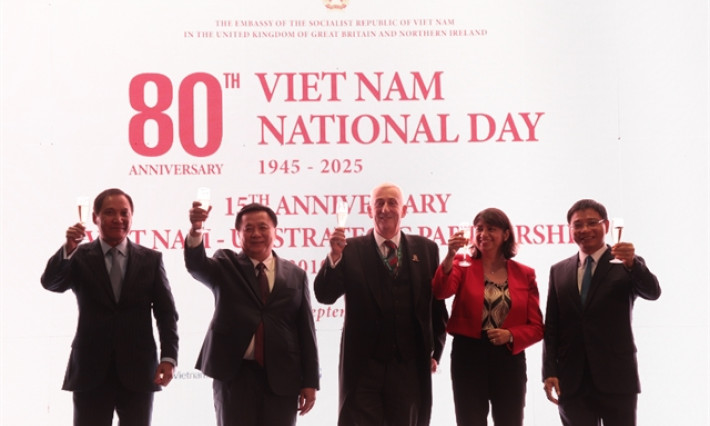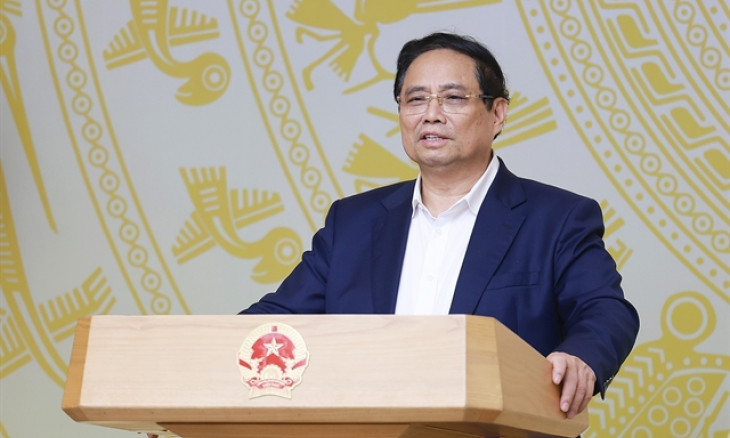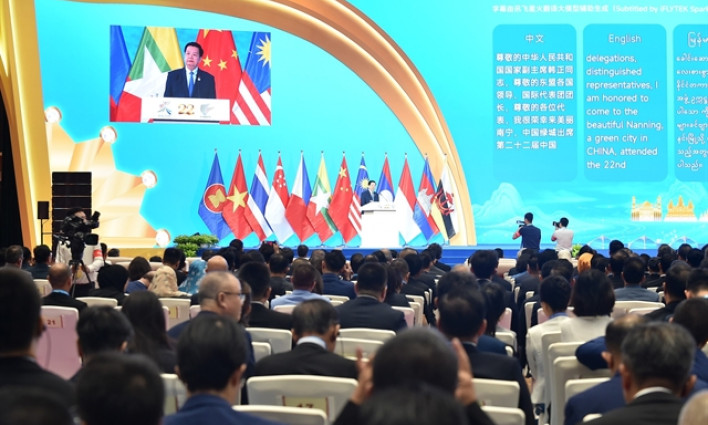NA debates limiting public oversight mechanism
During the ongoing ninth session of the 15th National Assembly, many deputies voiced their concern that the change would remove regional courts and procuracies from the oversight reach of People's Councils through interpellation.
The National Assembly (NA) grew heated on Wednesday as lawmakers debated a draft resolution introduced for the first time that proposes amending the 2013 Constitution to limit the right of People's Council members to interpellate judicial authorities.
During the ongoing ninth session of the 15th National Assembly, many deputies voiced their concern that the change would remove regional courts and procuracies from the oversight reach of People's Councils through interpellation.
The drafting committee offered two reasons for removing the interpellation rights of People’s Council members over chief judges of People’s Courts and chief procurators of People’s Procuracies.
First, under the Party’s upcoming judicial reform plan, district-level courts and procuracies will replace regional-level bodies no longer tied to specific administrative units. As a result, there would be no corresponding level of the People’s Council to exercise the right of interpellation.
Second, while the Constitution does not explicitly assign interpellation powers to People’s Councils, these bodies still retain the authority to oversee compliance with the Constitution and laws at the local level, including the activities of courts, procuracies and other State agencies, and they still have the right to make recommendations to relevant authorities and organisations.
However, Delegate Nguyễn Thị Kim Thúy from Đà Nẵng City rejected both arguments. She pointed out that even with the proposed reforms, provincial-level People’s Courts and Procuracies would still exist. Thus, it's hard to explain why provincial People’s Council members and the voters they represent would lose the right to interpellate the heads of these institutions.
Moreover, although regional courts and procuracies may not correspond to specific administrative boundaries, they still prosecute, indict and adjudicate cases involving citizens who reside within such jurisdictions – citizens represented by People’s Council members.
“If wrongful convictions occur, who will citizens turn to for public questioning and accountability?” she asked.
“Before adopting the regional courts and procuracies model, the NA should carefully consider the mechanisms for supervising the exercise of state power over these judicial bodies,” she said.
Thúy further argued that the second rationale contradicts the first.
“If these regional courts and procuracies are said to fall outside the jurisdiction of any corresponding People’s Council, then what level of oversight can these councils still exercise?”
What’s most troubling, she emphasised, is that the drafting committee conflates fundamentally different forms of oversight. Each type of interpellation, general legal oversight and the right to petition carries distinct legal weight and implications. Interpellation is a direct, public oversight mechanism that compels officials to respond in person and be accountable for their answers.
“Without the right to interpellate, People's Council members will have no effective way to compel a chief judge or procurator to appear before a council session, respond to specific questions and engage in open dialogue with deputies and voters,” she pointed out.
Given these concerns, Thúy called on the NA to retain the provision granting People’s Council deputies the right to interpellate.
Agreeing with the concerns raised, Delegate Phạm Trọng Nghĩa from Lạng Sơn Province emphasised that interpellation by People’s Council members is not intended to interfere with the adjudication or prosecution of specific cases, but rather to scrutinise the administrative responsibilities, legal compliance, and enforcement practices of chief judges and chief procurators.
He stressed that maintaining the right to interpellate is essential to ensuring transparency, accountability and openness in judicial operations.
Delegate Nguyễn Thị Ngọc Xuân from Bình Dương Province proposed expanding the scope of interpellation to include additional agencies such as the Tax Department, Customs, State Treasury, Social Security Agency and the Việt Nam Bank for Social Policies.
She argued that broadening the range of subjects for interpellation would enhance the oversight capabilities of elected representatives and, more broadly, improve state power supervision by higher-level government bodies.
The NA is scheduled to hold a second round of discussions on this issue in the plenary session on June 16.
On the same day, Minister of Home Affairs Phạm Thị Thanh Trà described the amended draft Law on Organisation of Local Government as a historic milestone in Việt Nam’s legislative journey, as it aims to fundamentally restructure local government from a three-tier model to a two-tier system.
Trà stressed the importance of establishing a comprehensive and robust legal framework to overcome all legal and administrative barriers to the transition.
She added that the draft law will be revised to strengthen the roles and operations of the People’s Councils, People’s Committees and Chairpersons of the Committees at both levels, especially at the commune level.
According to Trà, once the law is passed by the NA, the Government will need to promptly issue 25 implementing decrees to ensure timely rollout of the two-tier governance model, including provisions for delegation, decentralisation and authorisation to local governments.






